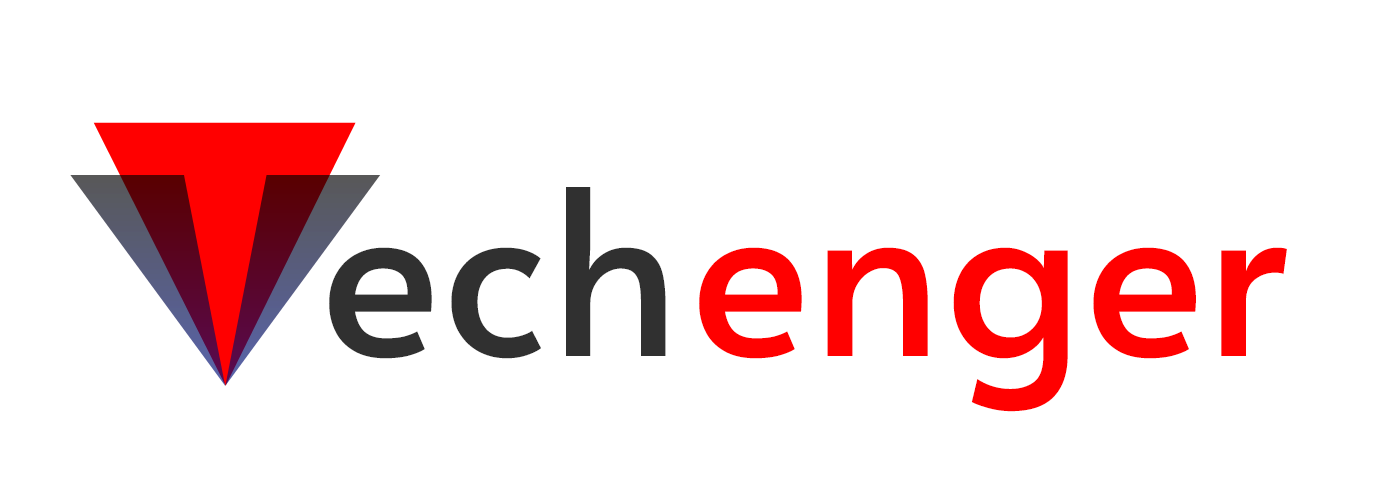It may be challenging to choose which of the several online markets best suits your company’s goals, even with plenty to choose from. This article will go over the fifteen largest online marketplaces and what sets them apart from the others.
If you own an online store or are a retail vendor seeking to attract a wider customer base, boost sales, and enhance your bottom line, then you should keep reading to find out which online marketplace would suit your needs.
What are Online marketplaces?
An electronic commerce website that allows buyers and sellers to transact is an online marketplace. People call it an online marketplace; the website’s proprietor handles all financial dealings.
Online marketplaces make it easy for anybody to connect with consumers who may be interested in buying their wares. There is a wide variety among online marketplaces regarding criteria, product types, listing fees, and intended users.
Consequently, you need to do some groundwork investigation to guarantee you pick the ideal alternative. It’s best to familiarize yourself with the many marketplace selling tactics, choose the most promising opportunities for your items, and follow all the necessary steps to launch a successful campaign.
Best online marketplace for e-commerce brands
- Amazon
Among the most reputable online marketplaces, the biggest in the world is Amazon. Over 300 million people use the service regularly, and it’s operational in more than 20 countries. Beyond online marketplace platform, Amazon also offers AI technology, streaming services, and cloud computing. It also impacts lots of industries and reshaping the shopping experience of people.
Amazon is an excellent choice if you seek a dependable platform to begin your internet sales career. They provide an expert platform for online sellers that include tools for managing orders, shipments, and payments.
- Flipkart
With over 100 million users, Flipkart has expanded from its humble beginnings as an online bookshop in 2007 to become one of India’s biggest online selling platforms. Flipkart allows customers to vote for their preferred brands and products.
The platform allows retailers to offer various products, including apparel, home goods, groceries, and lifestyle items. The platform is bringing growth and innovation in the Indian eCommerce landscape.
- Shopify
Setting up a shop with Shopify’s e-commerce platform is a breeze, regardless of your technical knowledge or available funds. With its affordable prices, expert designs, and clever marketing tools, Shopify is powering over a million companies.
With seamless integrations and highly customizable themes, Shopify offers a robust and scalable solution for all business sizes. More than a hundred pre-made designs with useful features are available when you use Shopify to set up your online shop.
- Wayfair
Wayfair is a home furnishings and design firm that has been around since 2011. The company, which has offices in Berlin, Germany, and Boston, USA, has expanded from a modest online furniture marketplace to a platform that sells appliances, home decor, and more for every area in your house.
You may also sell your goods online and send them straight to the customer’s house since they have fulfillment and delivery locations all across the US, UK, Germany, and Canada.
- Etsy
One famous online platform for selling handmade things is Etsy. As a result of its ease of use, it ranks among the top platforms for online product sales. Etsy has a $0.20 listing charge per item, and each listing is good for four months. With a strong focus on ethical sourcing and sustainability, Etsy supports small businesses and promotes eco-friendly practices.
It offers a user-friendly interface and personalized recommendations to enhance users’ shopping experience. There will be additional shipping and gift-wrapping expenses on top of the 5% transaction fee when a sale is made.
- Rakuten
Online retail, digital media, communications, and financial technology are some of Rakuten’s more than 70 global enterprises. There are no longer any geographical limitations on what business owners may sell.
Rakuten offers various products in several categories, including accessories and home appliances. Processing payments, delivering items, and displaying products on the marketplace are all aspects that customers like.
- Target
Shoppers may find a wide variety of goods at the famous Target store, including clothing, accessories, home décor, toys, electronics, food, and more. To further broaden its online products, Target introduced Target Plus in February 2019. Your ability to sell your wares on this famous worldwide platform is contingent upon Target’s acceptance of you as a Target Plus merchant.
- Houzz
Various vendors in over 900 categories make up Houzz, a Scandinavian online marketplace for home goods. You may start listing and selling your items via Houzz Vendor Central after you’ve been approved as a Houzz vendor.
Its marketplace takes a fifteen per cent cut of all sales. Houzz is picky about the products it lists. Ensure your listings highlight features’ advantages and are informative, easy to understand, organized, and categorized appropriately.
- TaoBao
Alibaba Group owns Taobao, a Chinese online marketplace. With over 876 million active users per month, it has been a great platform for companies to sell to since its founding in 2003. By facilitating consumer-to-consumer shopping, the platform helps small enterprises and solo entrepreneurs reach Chinese clients who understand Cantonese or Mandarin.
- Newegg
Over the last two decades, Newegg has been a marketplace for purchasing and selling various electronic goods, including computers, gaming gear, and more. Although the United States and Canada account for most of its sales, this marketplace has extended its global reach, penetrating markets in regions as diverse as the Mediterranean, Europe, Asia, and South America.
The platform provides detailed product information and a user-friendly interface to creators. It offers a seamless shopping experience to customers.
Conclusion
By using one of these many online marketplaces you can expand their customer bases, sell more products, and earn more money. The bottom line is that online marketplaces will keep doing well if people want easy and high-quality things that they can buy with a few clicks of a mouse. Online marketplaces will only expand in significance and appeal as the trend of online purchasing persists.




